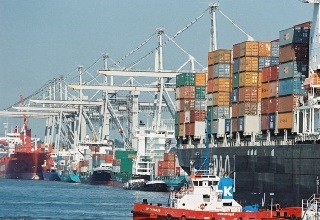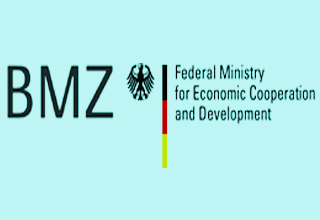All about Commodity Hedging and Freight Hedging
Updated: Jul 12, 2014 02:35:19pm

Here are some FAQs from RBI on hedging:
A. Commodity Hedging
1. Who can hedge?
A person resident in India, who has a commodity exposure and faces risks due to volatile commodity prices, can hedge the price risk in the International Commodity Exchanges/Markets, using hedging products such as, futures and options, which are exchange traded and Over the Counter (OTC) derivatives as permitted by the Reserve Bank from time to time. Prior approval from the Reserve Bank / an AD Category - I bank is required.
2. What are the hedging facilities available to oil companies?
The Reserve Bank, through the approval/delegated routes, has permitted following facilities for oil price hedging:
a. Hedging of exposures arising from import of crude oil and export of petroleum products based on underlying contracts.
b. Hedging of exposures arising from import of crude oil based on past performance up to 50 per cent of the volume of actual imports during the previous year or 50 per cent of the average volume of imports during the previous three financial years, whichever is higher.
c. Hedging of inventory up to 50 per cent of the volumes in the quarter preceding the previous quarter.
d. Hedging of exposures arising from domestic purchase of crude and sale of petro products on the basis of underlying contracts.
e. Hedging of exposures on import / export of jet fuel and domestic purchase of jet fuel by users i.e., domestic airline companies.
3. Which are the entities permitted to hedge oil price risk?
a. Domestic oil refining and marketing companies are permitted to hedge their price risk on crude oil and petroleum products on overseas exchanges/ markets to modulate the impact of adverse price fluctuations.
b. Domestic users of aviation turbine fuel (ATF) are also permitted to hedge their price risk on ATF in overseas exchanges / OTC markets.
4. What are the commodities, other than petroleum and petroleum products, which could be hedged in international exchanges?
a. The Reserve Bank has permitted companies to hedge price risk on import/ export in respect of any commodity (except gold, silver, platinum) in the international commodity exchanges/ markets under the delegated route. The eligible company interested in hedging price risk in respect of its import/ export may apply to any AD Category-I bank.
b. The Reserve Bank has also permitted companies listed on a recognised Stock Exchange to hedge the price risk in respect of domestic purchases and sales of aluminium, copper, lead, nickel and zinc under the delegated route. The eligible company interested in hedging price risk in respect of above commodities may apply to any AD Category-I bank.
5. What are the hedging facilities permitted for entities in Special Economic Zones (SEZs)?
AD Category-I banks are permitted to allow entities in Special Economic Zones to undertake hedging transactions in the overseas commodity exchanges/markets to hedge their commodity price risk on import/export. Such transactions are permitted only when the unit in the SEZ is completely isolated from financial contacts with its parent or subsidiary in the mainland or within the SEZs as far as import/export transactions are concerned.
B. Freight Hedging
1. What is a freight derivative?
A freight derivative is a financial instrument whose value is derived on the future levels of freight rates, such as "dry bulk" carrying rates and oil tanker rates. Freight derivatives are used mainly by end users such as ship owners and large ware houses, suppliers such as oil refining and marketing companies to manage risk and hedge against price volatility in the supply chain.
2. Which are the entities permitted by RBI to hedge freight risk?
Oil refining and marketing companies, shipping companies and other companies which have substantial overheads on account of freight component, are permitted to hedge the freight risk in international exchanges/OTC markets on the basis of the underlying exposures. The oil and shipping companies are permitted to hedge through the delegated route i.e. through AD Category -I banks and other corporates having freight exposures are permitted to hedge after obtaining prior approval from the Reserve Bank. (KNN Bureau)










